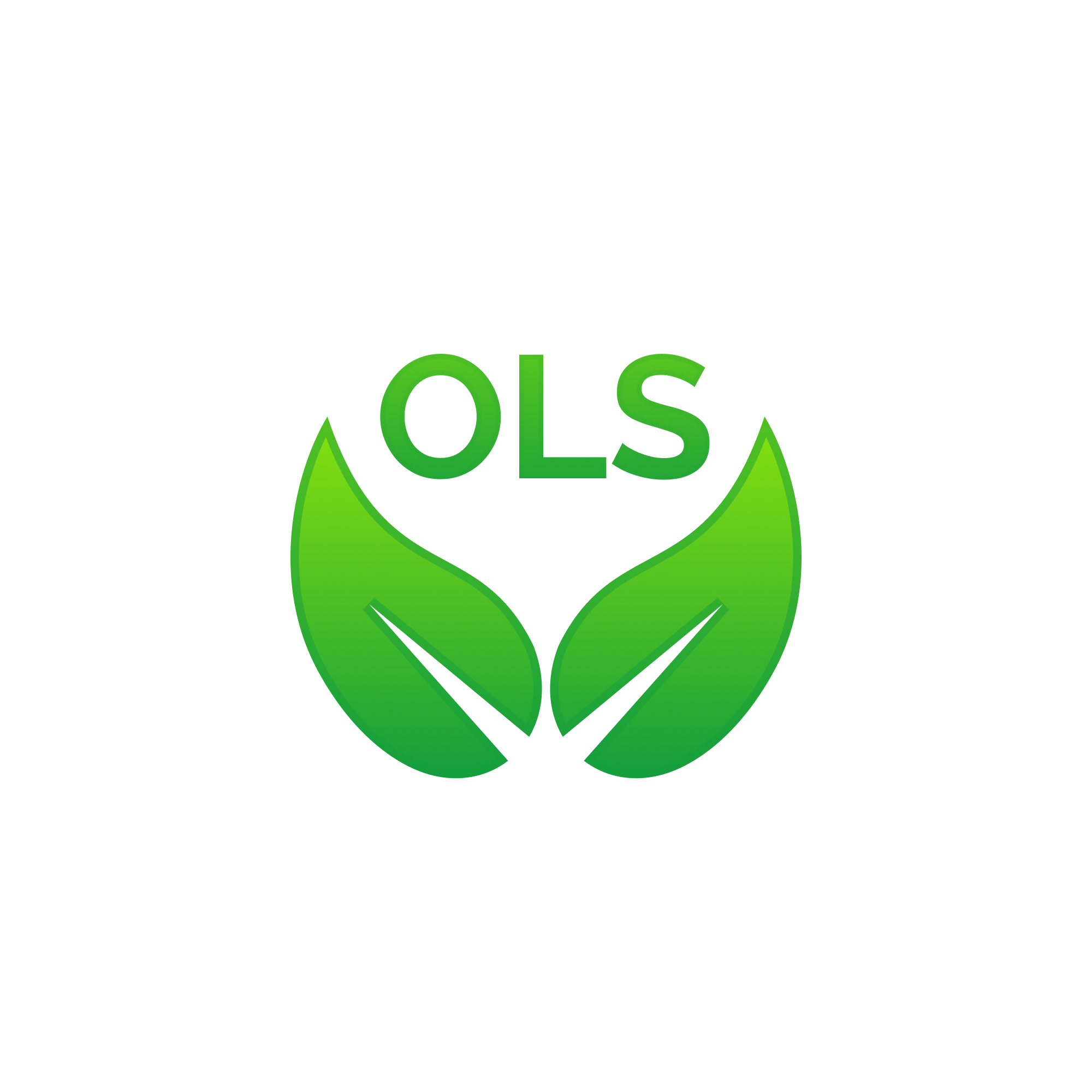Supplementary Data 13. Case Study on Incubating International Communities of Practice - Open Phytoliths#
In 2020, Emma Karoune joined the second cohort of Open Seeds (OLS-2) with the project ‘Open Science in Phytolith Research’. Emma had been working as an independent researcher transitioning back into academia after working in the education sector and taking a number of career breaks for maternal leave. She wanted to specialise in open research and her participation in OLS-2 gave her the opportunity and training to significantly move towards this goal. She knew from her previous experience working in phytolith research and archaeology more generally that the implementation of open research in these disciplines was limited and there was therefore a large gap to be filled in this area.
Emma had started to conduct an assessment of open science practices in phytolith research articles, which she went on to publish as two papers (Karoune 2020, Karoune 2022). Through contacting other researchers as part of this research project and through development of this project in OLS-2, she brought together a group of researchers with similar interests and formed a working group (Carla Lancelotti, Marco Madella, Juan José García-Granero, Javier Ruiz-Pérez). Together they developed an initial project, the FAIR Phytoliths Project, and were supported by OLS leaders and mentors to apply for their first grant application (EOSC-Life Open Call), which was successful. This project went on to secure further funding from EOSC-Life for a series of training workshops, they published two journal articles (Kerfant et al. 2023, Ruiz-Pérez et al. 2024a) and they have been highlighted as an outstanding open research project by being used as an example project for the OSCARS grants call.
To build a community around this work called Open Phytoliths, the FAIR Phytoliths Team initiated a committee, the International Committee on Open Phytolith Science (ICOPS), as part of the International Phytolith Society. This committee was formed to work on increasing the knowledge and implementation of open science practices in phytolith research. The first committee meeting took place on 3rd December 2021 and the committee is now formed of 11 researchers who come from all world regions. Outputs include multilingual training resources and website, an open publishing guide, and a project to develop the first phytolith ontology.
OLS has been and continues to be pivotal to the success of this initiative through training of the FAIR Phytoliths Team in OLS-3 to enable implementation of an open source approach, training and development of ICOPS committee members in OLS-5 and more recently supporting writing of funding applications for the next stage of their work so that they become a Fiscally Sponsored Community within OLS.
The training and mentorship received through OLS has enabled members of this team to become successful open leaders. Emma Karoune has gone on to secure a permanent position at The Alan Turing Institute as a Senior Researcher (Research Community Building) and works on cross-disciplinary data science projects including The Turing Way. Celine Kerfant, Postdoctoral Fellow on the FAIR Phytolith project, secured a further Postdoctoral Fellowship to continue aspects of the groups work and other members of the team have implemented open approaches in their own work (Ruiz-Pérez et al. 2024b) and the work of their wider lab group (D’Agostini et al. 2023). There have also been significant changes in the phytolith research community and related communities such as being invited to give a keynote speech about ICOPS at the International Meeting of Phytolith Research in August 2023 and there being sessions on open and fair data at upcoming archaeobotany conferences in 2025.
gd2md-html: xyzzy Mon Aug 05 2024
